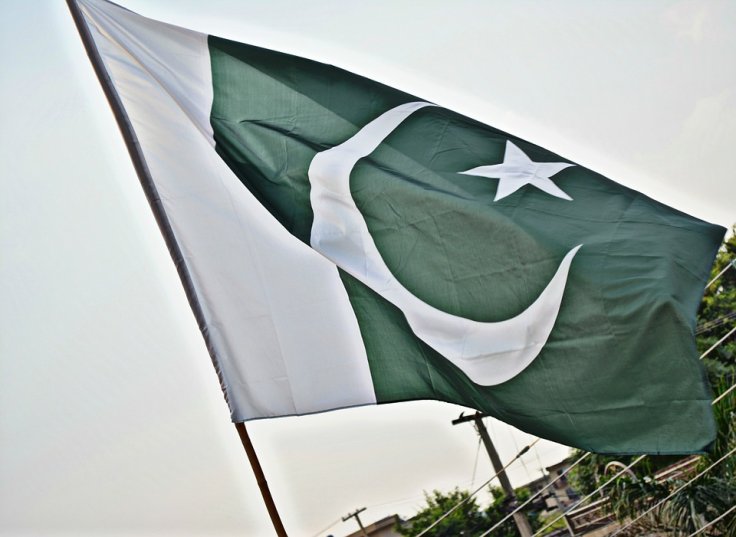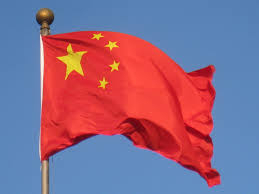In terms of fulfilling national interests, there is no better country than Pakistan. Holding a loaded gun to its head and crying wolf over rampaging jihadis and a leaking nuclear arsenal, it has managed to suck in major world powers into its orbit one by one, like a greedy black hole. When Pakistan was on the verge of being created, its founder Mohammad Ali Jinnah had made a surreptitious promise to himself and the world that Pakistan will be one of the most important allies to the US.
Initially, it was the threat of Red Terror through which funds and aid were channelled into the country. Pakistan was then inducted into two successive 'alliances' after General Zia promised the then US President that the Pakistani Army was his Army, if only millions of dollars could be given to the perpetually impoverished country.
SEATO and CENTO did nothing for the US paranoia against the Iron Curtain but ensured Pakistan got adequate conventional weaponry, expertise and training to try and tip the scale against its arch nemesis. All these plans were ambitious undertakings and Pakistan was able to milk the Americans for significant funds but not as much as Rawalpindi hoped.

Rise In Terror, Birth of Al-Qaeda
The big break came when the Soviets invaded Afghanistan in 1989 and Pakistan was 'roped' in to provide training, lodging and military assistance to the mujahideen. With funds flowing in from the US, Saudi Arabia and China, the Pakistani generals created an envious business model. They ensured that the US money remained unaccounted for. Most of it was funneled to personal accounts of the Pakistani Army, while some amount was used to fund selected jihadis who could later be retained and sent to Kashmir and other battlefields across the world where Islamic fundamentalism was rearing its head.
The training camps were franchised to a number of foreign groups such as those from Chechnya, Uzbekistan, Tajikistan, Bosnia and East Turkestan. The Arabs were specially courted and here the foundation for al-Qaeda was laid, ironically financed by American taxpayer money. In terms of weaponry, the Pakistanis bought off the shelf F-16s, Huey Cobras and artillery guns, hardly weapons to be used for training guerrillas. The Pakistanis also used this opportunity to develop nuclear weapons of their own and later proliferated them to Iran and North Korea.
Military aid and funding to Pakistan by the Americans is generally categorised under two heads: the Coalition Support Fund (CSF) and Foreign Military Financing (FMF). Between 2002 and 2013, Pakistan received more than 12 billion dollars (including anti-terror and anti-narcotics funding).

However, the speed and quantum of funds have been slowed down considerably after this as the US realised its folly of funding the murderers of its soldiers. In fact, from 2013 to 2018, Pakistan received a little less than two billion dollars while almost a billion dollars worth of aid in terms of equipment and funding have been put on hold by the Americans.
After US, China Is Next
The Pakistanis have now ensnared China. With global ambitions and as of now, a limitless spending capacity, the Pakistanis have created conditions for China to be endlessly entangled with them. The playbook is very simple. First, create a fertile ground for the involvement of a superpower. With the Americans, the ploy used was countering communism. With the Chinese, it is to engage India in a relentless terror campaign and at the same time, ensuring that the Muslim Uighurs are always poised but do not pose an imminent threat for them.
This has been done through calibrated attacks against the Chinese which are just lethal enough to scare the Chinese into loosening their purse strings and look to Pakistan for help. Once the ground for entanglement has been created, Pakistan moves in for the kill. While the Americans drank from the poison well of promises of sustained logistics supplies for their troops in Afghanistan and help in cauterising the entrance and exits to the erstwhile North West Frontier Province, the Chinese have been pulled into the promise of CPEC and its supposed advantages. CPEC promises a rejuvenation of Western China, an alternate route to the Malacca Dilemma and a future lebensraum for its citizens, apart from access to the Mediterranean and the Gulf region.

There are obvious methods into locking in China for the long term. The Pakistani government initially promised huge returns on Chinese investments, but due to the problem of circular debt and slow pace of work, the promises have evaporated. Instead of Pakistan becoming the business hub of South Asia and Middle East, it has become yet another failed country where billions of dollars of Chinese investment have been sunk without a trace, forcing them to stay and recover whatever is possible.
Again, Gwadarhas been touted as the next maritime Dubai for the entire region but attacks by Baloch freedom fighters have rendered these dreams useless. Dams have also been showcased as investments that are meant to play a dual role: generate electricity and make Pakistan self–sufficient in power generation and create a nuisance for India. However, two negatives rarely make a positive in real life. The recent attacks on Chinese engineers at Dasu, the latest in a series of attacks targeting Chinese nationals point to the resurgence of the TTP, a dreaded group that had brought the famed Pakistani Army to its knees in the past.
There are credible inputs that also suggest that a faction of the Pakistani ISI may have orchestrated these attacks to put the fear of God in the atheist Chinese. On the other hand, Pakistan is not sure whether its pawns, the Taliban will listen to them once in power. All this spells trouble for the Chinese in the region.
Despite the fact that two Special Security Divisions comprising 30,000 men and a maritime task force (TF 88) have been raised just for the protection of the Chinese, an aura of uncertainty and fear hovers around the Chinese presence in South Asia. Chinese failure in both Afghanistan and Pakistan will put to rest its global ambitions, in an area aptly termed the graveyard of empires. Pakistan will, however, keep the pot boiling enough to ensure that the Chinese, like the protagonist in Hotel California, can check in anytime they want but they can never leave.








